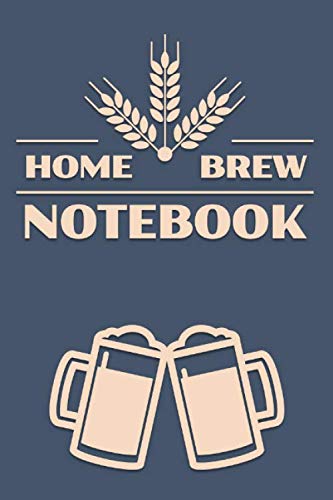RoomWithABrew
Landlord.
Not bizarre, the beer has gas in it and the sugar when added provides lots of nucleation sites for CO2 to be released.Bone dry in two days.
Nice to have a brew to mess with. Sprinkled 1kg on sugar in it. The yeast burst into life in about 3seconds quite a surprise. Foamed over again
I will do it again tomorrow and video it. Quite bizarre.
Much like the mintoe in a coke bottle fountain or the etching in the bottom of some glasses.
Check the gravity has fallen before adding more sugar, better to drip feed your chaptalisation than bulk feed.









































